Ten Questions for Laura Sims
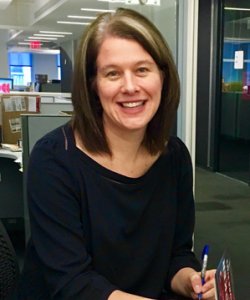
“Butt in chair, do the work. It’s the most basic and important writing advice there is.” —Laura Sims, author of Looker
Jump to navigation Skip to content
Articles from Poet & Writers Magazine include material from the print edition plus exclusive online-only material.

“Butt in chair, do the work. It’s the most basic and important writing advice there is.” —Laura Sims, author of Looker

“I come up with a form and then find a way to ‘translate’ my thoughts into the form. It wasn’t always like that, but that’s the way it is now. I used to think in lines.” —Elisa Gabbert, author of The Word Pretty
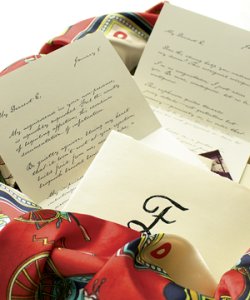
Using found objects and handmade pieces of art to publish new works of literature, a small press in Baltimore expands the understanding of what it means to be a book.
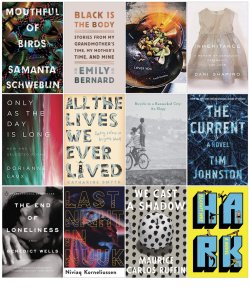
The first lines of a dozen noteworthy books, including Hark by Sam Lipsyte and Mouthful of Birds by Samanta Schweblin.

Ten poets whose first books were published in 2018, including Justin Phillip Reed and Tiana Clark, share their inspirations, processes, writer’s block remedies, and paths to publication.
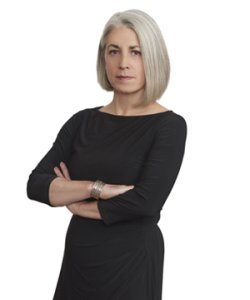
The new executive director of the Community of Literary Magazines and Presses discusses her new role and the importance of independent publishing.
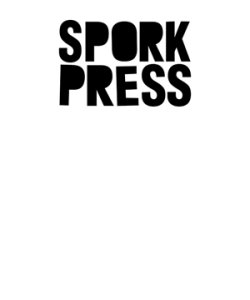
Cofounded by writers Richard Siken and Drew Burk, Spork Press publishes evocative and voice-driven chapbooks and full-length books of poetry and fiction.
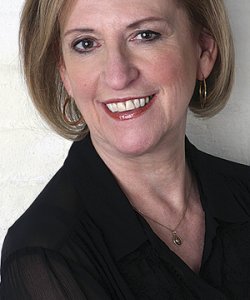
An author considers the process of converting rooms from the past into creative spaces for the future.
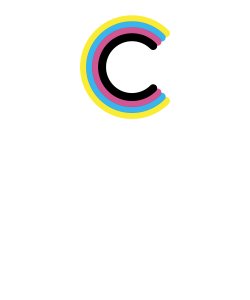
Circumference Books, launched in 2018 by Jennifer Kronovet and Dan Visel, is dedicated to bringing international works of poetry to an English-speaking audience.

An essayist discusses the five journals that first published the essays in her debut collection, Five Plots.
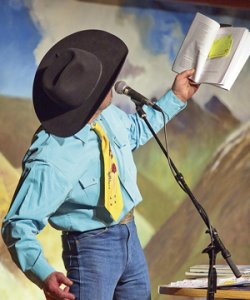
A six-day festival in Elko, Nevada, featuring poetry, music, dancing, storytelling, and folk art, celebrates its thirty-fifth anniversary.
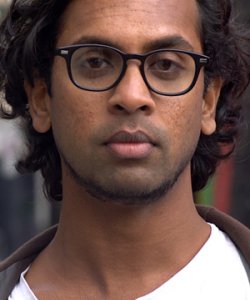
“There is something about your own subconscious that is far more perceptive than whatever your conscious mind can conjure up.” —Guy Gunaratne, author of In Our Mad and Furious City

“No writing is good enough until you, as an author, make a small contribution, the size of a drop, into the ocean of the world’s literature.” —Nuruddin Farah, author of North of Dawn
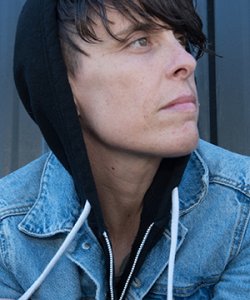
“I pay attention to what requires courage to say, and I do my best to try to say it.” —Andrea Gibson, author of Lord of the Butterflies
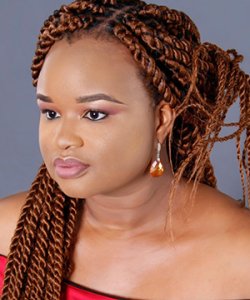
“I have learned that it isn’t wise to wait for inspiration; inspiration will meet me at my desk.” —Oyinkan Braithwaite

“The best poems I’ve written (or at least my favorite poems) have been the ones that have been the most honest.” —Claire Wahmanholm, author of Wilder

“Writing is a form of manual labor and should be approached in that spirit.” —Wesley Yang, author of The Souls of Yellow Folk

“To sit down and write requires a degree of optimism. You have to trust that there is relief to be found in placing one word after another.” —Idra Novey, author of Those Who Knew

“I move between language, history, and worldviews—it’s always place between that gives me the most insight into my creative process.” —Sherwin Bitsui, author of Dissolve
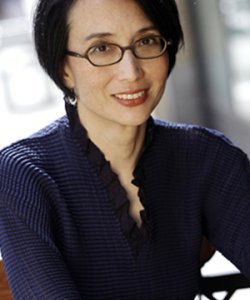
“I wish it were easier for writers of color who don’t come from moneyed backgrounds to be heard and celebrated.” —May-Lee Chai, author of Useful Phrases for Immigrants

“What we need to do is make people less certain about their certainties.” —Rosellen Brown, author of The Lake on Fire
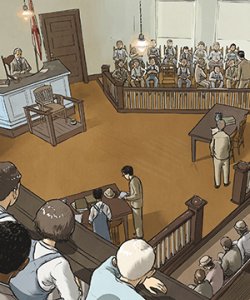
An increasing number of classic books, such as To Kill a Mockingbird and Anne Frank’s diaries, are being adapted into graphic form.
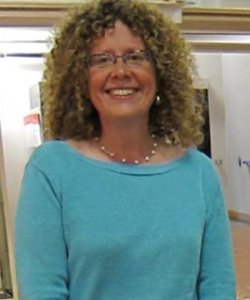
In this continuing series, a book critic discusses Minnesota’s thriving literary community and the importance of reviewing small-press titles.

In our third annual installment of this series, five authors over the age of fifty who published their debut books this year—Jeanne McCulloch, A. G. Lombardo, Anne Youngson, Maw Shein Win, and Laura Esther Wolfson—share their paths to publication.
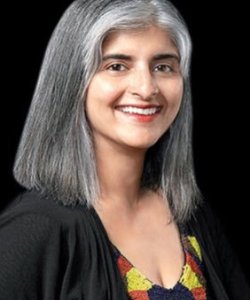
An agent answers questions on obtaining the copyright of a self-published novel and seeking a U.S. publisher from abroad.